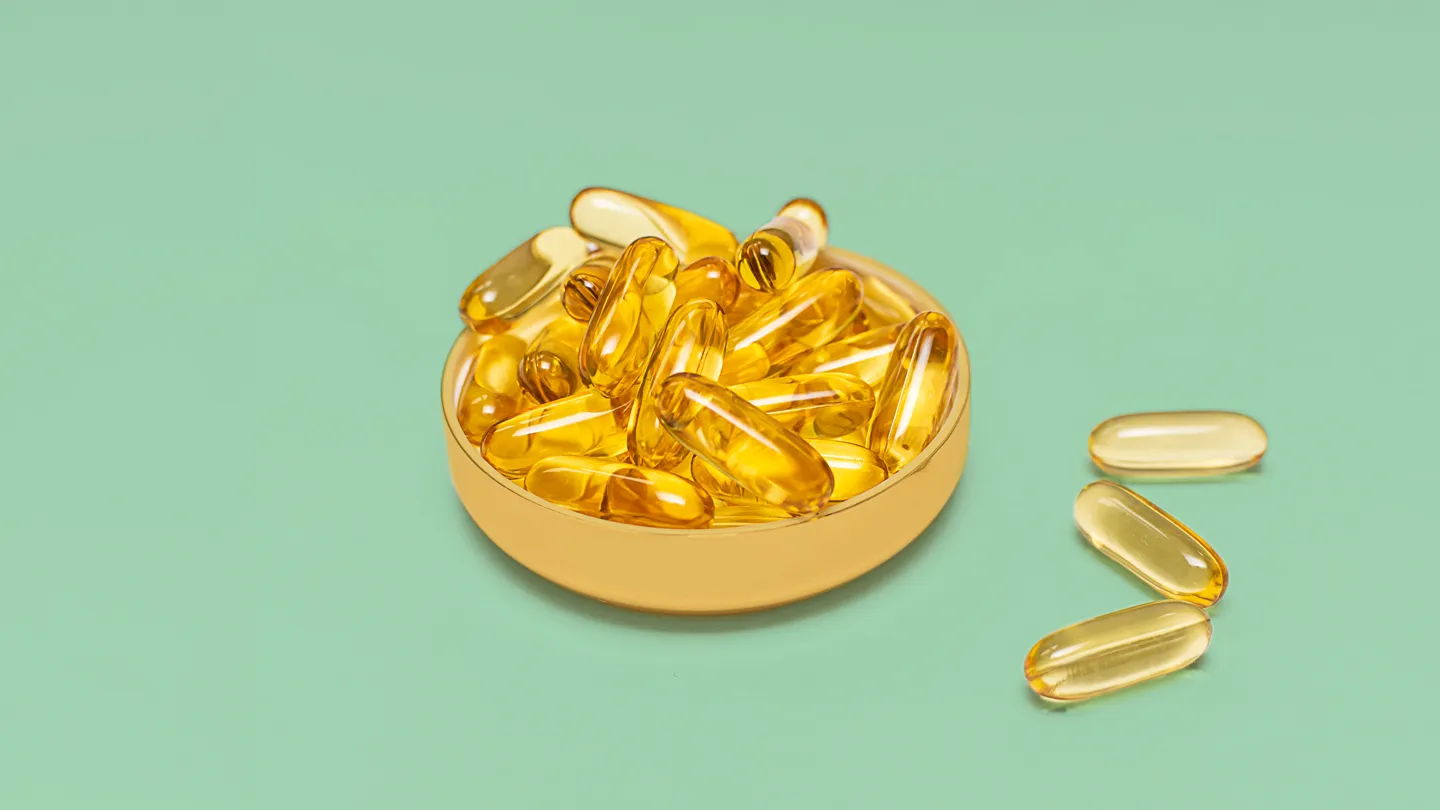When it comes to fish oil and ADHD, there have been a number of research investigations — and even more claims unsupported by science.
What the Science Says About the Benefits of Fish Oil for ADHD
But scientists aren’t convinced that omega 3s can make a notable difference for people with ADHD.
“In clinical trials with humans, supplementing with combined DHA/EPA for at least three months has improved attention and cognitive performance in youth with ADHD, but the results were modest at best,” says Ashvin Sood, MD, a psychiatrist with Washington Interventional Psychiatry in Washington, DC.
“In ADHD studies, the beneficial effects of fish oil supplements tend to be small, and the evidence is not as strong as for stimulant medications or behavioral therapy,” says Rachel V.F. Rohaidy, MD, a psychiatrist at Baptist Health Miami Neuroscience Institute in Florida.
Debunked Fish Oil Claims
Many popular claims about the benefits of fish oil for ADHD are not backed by science.
‘Fish Oil Cures ADHD’
“This is simply false,” says Sood. “The effect of omega-3s is mild and cannot compete against treatments like Ritalin.”
Studies comparing the effectiveness of fish oil with ADHD stimulant medications like Ritalin (methylphenidate) or Adderall (amphetamine and dextroamphetamine) have found that fish oil had a much smaller effect, says Dr. Rohaidy.
‘Fish Oil Alone Can Treat ADHD’
Adding omega-3s to your treatment plan may help, but they should never replace standard care, says Markus Ploesser, MD, a psychiatrist and integrative medicine physician at Open Mind Health. This is especially true for people with moderate to severe ADHD, he notes.
‘Every Child With ADHD Should Take Fish Oil’
“Some children benefit, especially those with low baseline omega-3 levels, but it’s not universally effective,” says Dr. Ploesser.
‘Fish Oil Pills Are Just as Good as Eating Fish’
“A common myth is that taking fish oil pills is just as effective as eating omega-3-rich fish,” says Sood. “In reality, whole foods seem to confer broader benefits.”
“Whole-food sources of omega-3s provide additional nutrients and may be better absorbed,” adds Ploesser.
Still, high-quality supplements can be beneficial and can raise omega-3 levels, “particularly if one doesn’t eat fish,” says Sood.
‘All Omega-3 Supplements Are the Same’
Not all fish oil supplements are the same. “The EPA-to-DHA ratio matters,” says Rohaidy. “Some evidence suggests that a higher EPA ratio may be more beneficial for ADHD symptoms.”
Sood says that “Some cheaper brands might contain lower concentrations or impurities. A myth is assuming any omega-3 pill will do. In truth, high-purity, high-EPA/DHA products are preferable — and some include antioxidant vitamin E to prevent spoilage.”
Read the full article here




